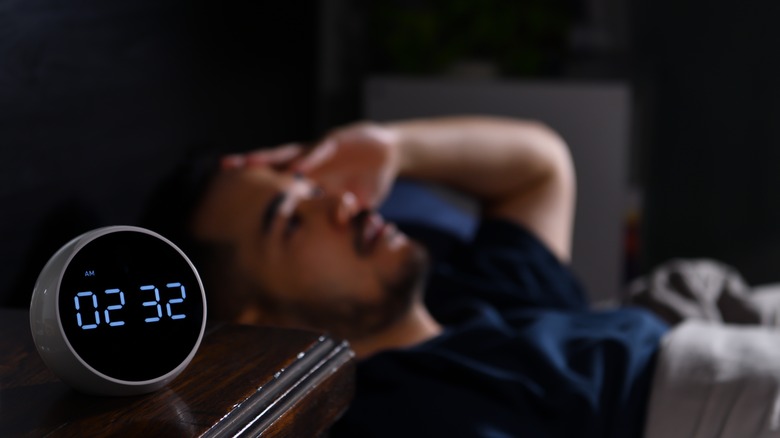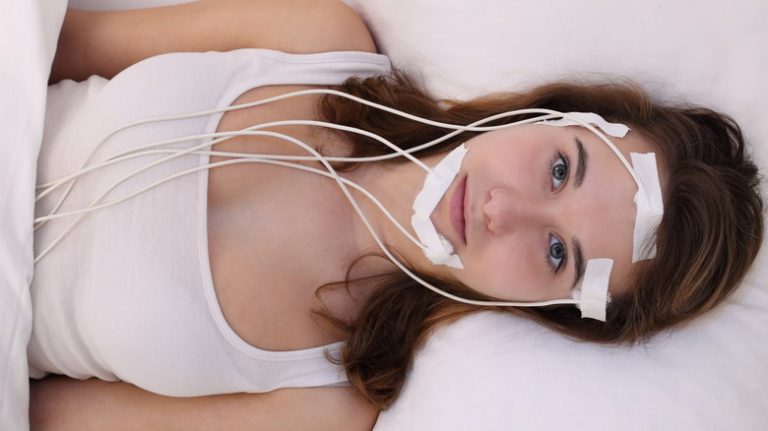When you’re struggling with feeling down in the dumps, you may notice that you also don’t seem to be sleeping as well as you do when things are more cheerful. Though many individuals imagine someone who sleeps all day when they are experiencing depression, in many cases, the opposite effect is more common. WebMD explains that there’s a connection between your mental health and your sleeping patterns and behaviors. In fact, one of the commonly reported symptoms associated with depression is experiencing insomnia, or difficulty falling or staying asleep throughout the night.
In addition to creating difficulties with falling asleep, mental health conditions like depression can also increase the possibility of experiencing sleep disruptions. The Sleep Foundation explains that for adults, it is recommended to get between seven and nine hours of sleep each night. Having a lack of adequate sleep can not only leave you grumpy, but may lead to a number of health concerns.
But there’s a difference between being unable to sleep and not allowing yourself enough time for sleep in your daily schedule — and how it can impact your depression.
What is sleep deprivation?

While many individuals may use the terms insomnia and sleep deprivation interchangeably, it is important to note the difference between the two. Both insomnia and sleep deprivation refer to a general inability or failure of an individual to get adequate sleep. Psychology Today explains that in most cases insomnia is the inability to fall asleep or stay asleep, despite having ample time and opportunity for getting enough sleep. In other words, an individual experiencing an episode of insomnia can otherwise have the perfect sleeping environment with ample time allotted, yet still face difficulty when attempting to sleep (via The Sleep Foundation).
On the other hand, sleep deprivation refers to the consistent lack of ability for getting the recommended or required amount of sleep each night (via Psychology Today). Sleep deprivation refers to the total amount of time a person spends on sleep being limited by lifestyle choices, medical conditions, or other external factors. Sleep deprivation can be acute, lasting only a few days, or it can be a chronic problem that occurs for three months or longer (via The Sleep Foundation).
How is sleep deprivation linked to depression?

WebMD explains that one of the key signs of clinical depression is experiencing insomnia. But how does sleep deprivation interact with depression? The Sleep Foundation explains that there is a relationship between sleep (or the lack of it) and depression that seems to move in the same pattern. Individuals who find themselves losing sleep are at a higher risk for experiencing depressive symptoms and those individuals who experience depression are at a higher risk for having issues with their sleeping patterns.
An article published in Sultan Qaboos University Medical Journal examined the research on sleep deprivation and depressive episodes or symptoms in medical professionals. The results of the study illustrated that individuals who experienced chronic sleep deprivation did not show a greater risk for depressive episodes. However, those who experienced periods of acute sleep deprivation showed a higher demonstration of depressive symptoms. In other words, in individuals who have regularly slept less than seven hours a night for years, the risk is not increased. But for those who’ve only recently started experiencing sleep deprivation, or only experience it on occasion, there is an increased risk of experiencing the side effects of depression (via The Sleep Foundation).
Sleep is important for your overall health and well-being. For individuals living with depression or depressive disorders, finding and maintaining healthy sleeping habits can help to reduce the occurrence of depressive symptoms.
